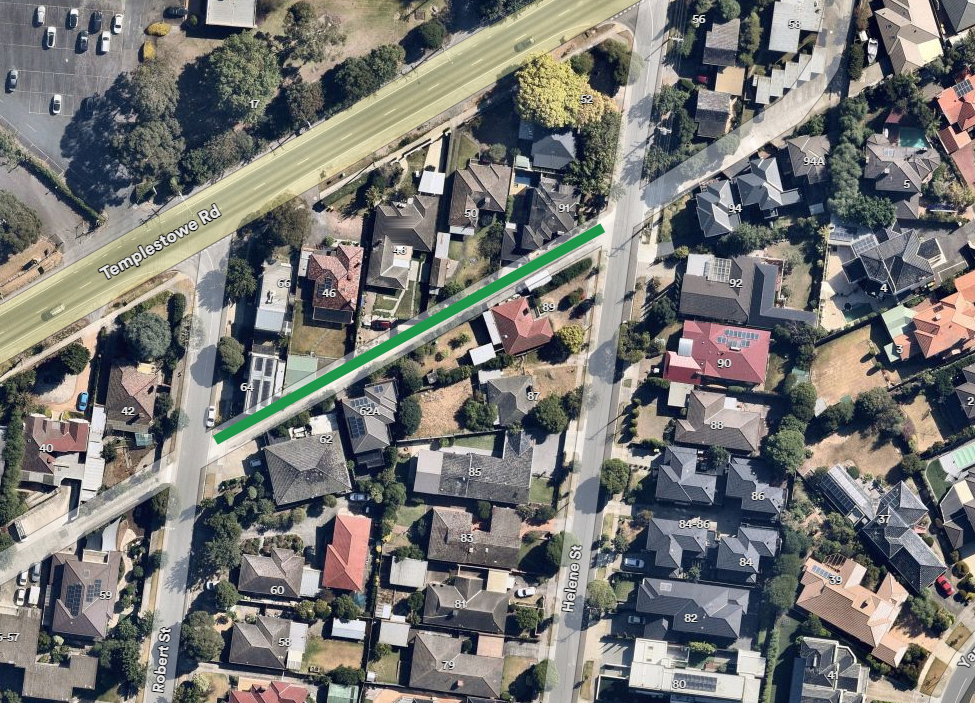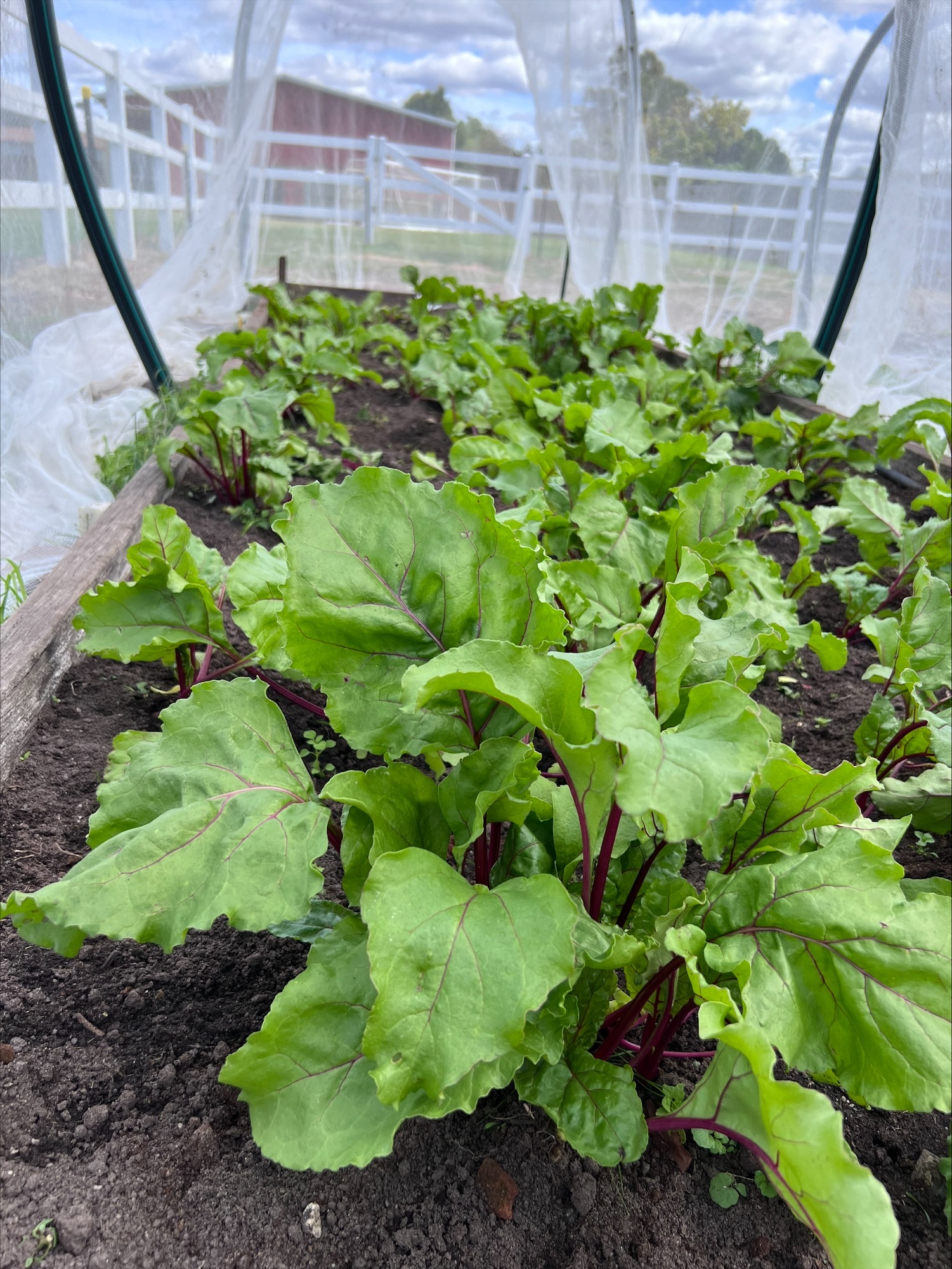This summer is forecast to be one of the hottest summers that we’ve had for several years with weather authorities declaring it an El Nino summer. This is expected to bring with it reduced rainfall, extreme and prolonged heat and increased fire danger.
Extreme heat and heatwaves can affect anyone and kills more Australians than any other natural disaster. Being prepared for extreme heat can help to reduce its impacts and save lives.
Our top 10 tips for beating the heat
- Stay hydrated – make sure to drink plenty of water, even if you’re not thirsty.
- Plan ahead – it’s best to plan when and where you are going in advance. Try to only go outside during the coolest part of the day and keep activities to air-conditioned spaces.
- Stay home and make the most of it – the best advice is to stay put and take advantage of the resources you have at home, for example, air conditioning and fans. We also recommend closing curtains and blinds and only using the coolest rooms in your home.
- Keep cool – there are many ways to keep cool, including using wet towels, putting your feet in cool water or taking cool (not cold) showers.
- Limit movement – try reducing the amount that you move and the level of energy you exert.
- Prepare for a power outage – ensure you have some battery powered essentials (for example, radios, torches and fans) and stock up on water, ice and non-refrigerated foods.
- Be sun smart – it’s best to avoid direct sun altogether, but if you need to go outside, make sure to wear protective clothing, accessories and sunscreen.
- Check in with others regularly – including those who might be at higher risk of heat illness. For example, babies and young children, people aged over 65 years, pregnant women, people experiencing insecure housing and anyone with a medical condition or disability.
- No one gets left behind – never leave kids, adults or pets in parked vehicles because the temperature inside can double in minutes.
- Know when heat is about to hit – keep track of the latest weather forecasts to know when it’s best to go out or stay in. Bureau of Meteorology (BOM) can help with this.
Heat-related illnesses can happen quickly, from heat rash to life-threatening heatstroke. If you see any heat-related symptoms occurring in yourself or others – for example, rash, dizziness, nausea, fainting, cramping and confusion – seek assistance from a doctor or on-call nurse (1300 60 60 24) or if it seems life threatening, call Triple Zero (000).
It can take three days or more after a heatwave for the body to fully recover, so makes sure to continue to implement the above tips and keep a close eye on your health, as well as other’s during this time.







